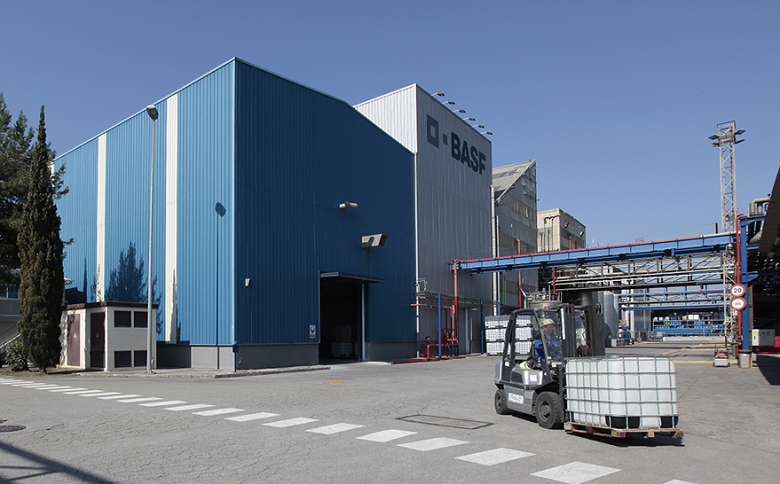BASF plans to invest 40 million euros in Spain during 2024

Last year, the company exceeded its initial investment figure by 2 million euros
BASF exceeded its planned investment figure in Spain last year and plans to invest 40 million euros in the country during the current financial year.
This figure, which maintains the level of investment of recent years, is slightly below the figure planned for 2023. The group's Managing Director in Spain, Carles Navarro, said that “investment levels remain stable”, which highlighted “the group's commitment to the country”.
For 2023, the German group had planned an investment of 43 million euros in Spain, a figure that eventually rose to 45 million euros. The largest item was the 14 million euros used to complete and commission the Technology Center in Guadalajara, which specialises in the paint business and is part of BASF Coatings Española.
New production lines
With regard to the centre, which opened last June, Navarro explained “With this investment, the largest injection ever received at this centre, which exceeded 70 million euros, has now come to an end. While it was already a strategic centre for the company, we have seen new manufacturing lines added there for items that were previously produced at other European locations.
Last year also saw a boost to the growth of the German group's hubs in Spain. Around 600 people are already working at the digital hub, which has a global reach and is part of BASF Digital Solutions. It recently opened new facilities in Fuente de la Mora (Madrid). The other hub, focused on engineering, is EU-focused and also saw positive developments in 2023.
R&D on sustainable materials
In the field of R&D, BASF is focusing on partnerships with companies to generate sustainable solutions. One example is polyamide 6, made from 100% textile waste in collaboration with Inditex, which launched it on the market last January. It is the first circular solution for nylon garments that are made entirely from textile waste, from fabrics to buttons, stuffing, hooks, loops and zips. It constitutes a recyclable solution with the same characteristics as conventional virgin polyamide.
As Navarro pointed out, “We are supporting the textile industry in its journey towards sustainability and are helping consumers to improve their own environmental footprint, and we want to do so in the short, medium and long term. We believe in engagement throughout the entire value chain: starting from our suppliers, and not just to our customers, but to our customers’ end customers.
Back in 2022, Zara Home launched a detergent developed by BASF that reduces the release of microfibres when washing clothes at low temperatures. In addition to consuming less energy, it reduces the carbon footprint and extends the life of fabrics.
Photo: BASF




